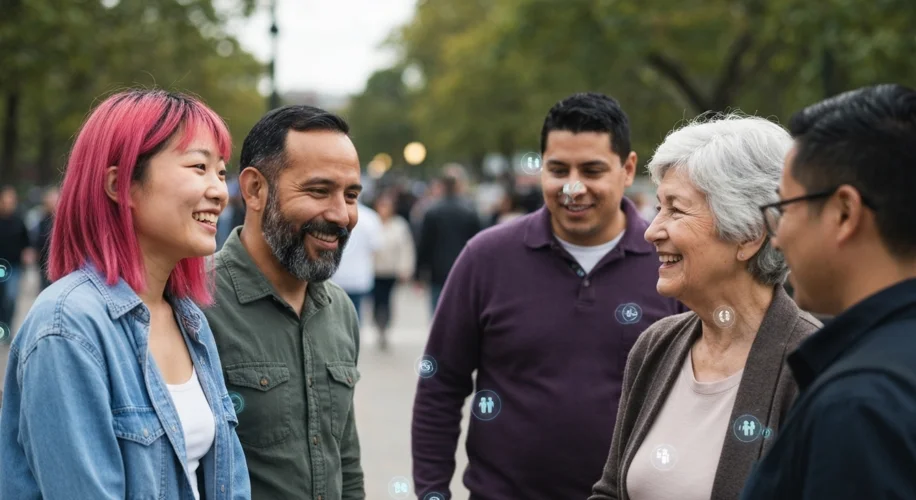It’s easy to get caught up in the talk about AI taking jobs or achieving superintelligence. Those are important conversations, but AI’s influence is also growing in a more subtle, yet profound way: social interaction.
As AI gets better at understanding and mimicking human conversation, it’s starting to fill social roles that used to be exclusively ours. Think about AI companions. Some people are finding comfort and connection with AI chatbots that can listen, respond empathetically, and remember past conversations. For individuals who feel isolated or lonely, these digital companions can offer a sense of presence and understanding.
We’re also seeing AI significantly shape the content we consume. AI algorithms curate our news feeds, recommend entertainment, and even generate creative media like articles, music, and art. This means AI isn’t just a tool; it’s becoming a curator of our experiences and, in some ways, a shaper of our opinions. The ability of AI to analyze social dynamics and preferences allows it to create content that is highly engaging, sometimes even to the point of manipulation.
The implications are vast. If AI can provide satisfying social interaction, what does that mean for human relationships? Will we become more isolated, or will AI simply augment our existing connections? There’s also the question of authenticity. When AI generates media that is indistinguishable from human-created content, how do we navigate the information landscape? It becomes harder to discern genuine expression from algorithmically optimized output.
From my perspective, having spent decades in the tech industry, I’ve seen how quickly capabilities evolve. AI’s growing social influence is not about replacing humans entirely, but it is about fundamentally changing the dynamics of our social interactions and information consumption. We need to ask ourselves: how do we ensure that this technological advancement enriches, rather than diminishes, our human connections and our understanding of the world?
It’s crucial to consider the ethical guardrails needed. As AI becomes more embedded in our social fabric, we must foster critical thinking and promote transparency in how AI influences our daily lives. The goal should be to leverage AI’s capabilities while preserving the genuine human element that makes our society thrive.

